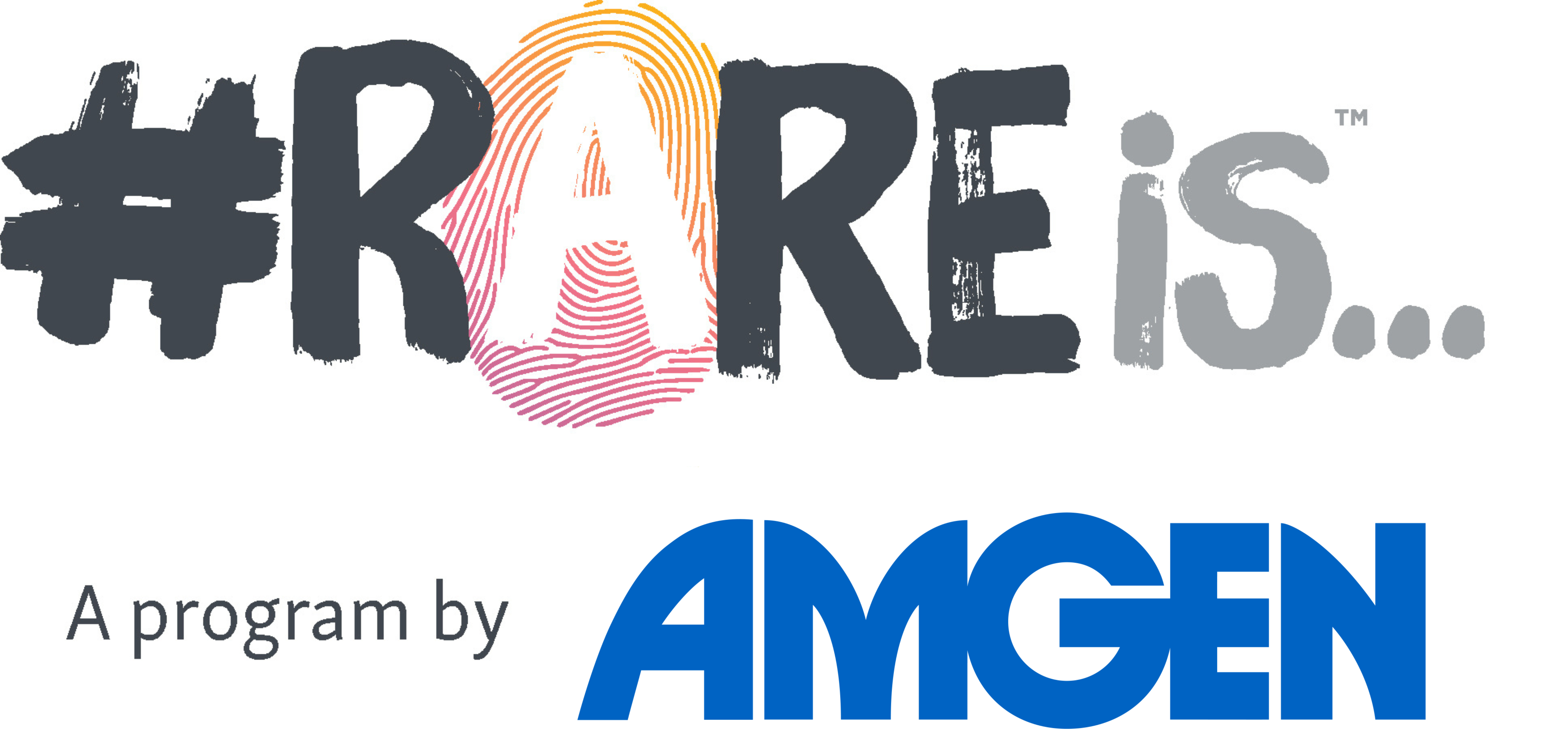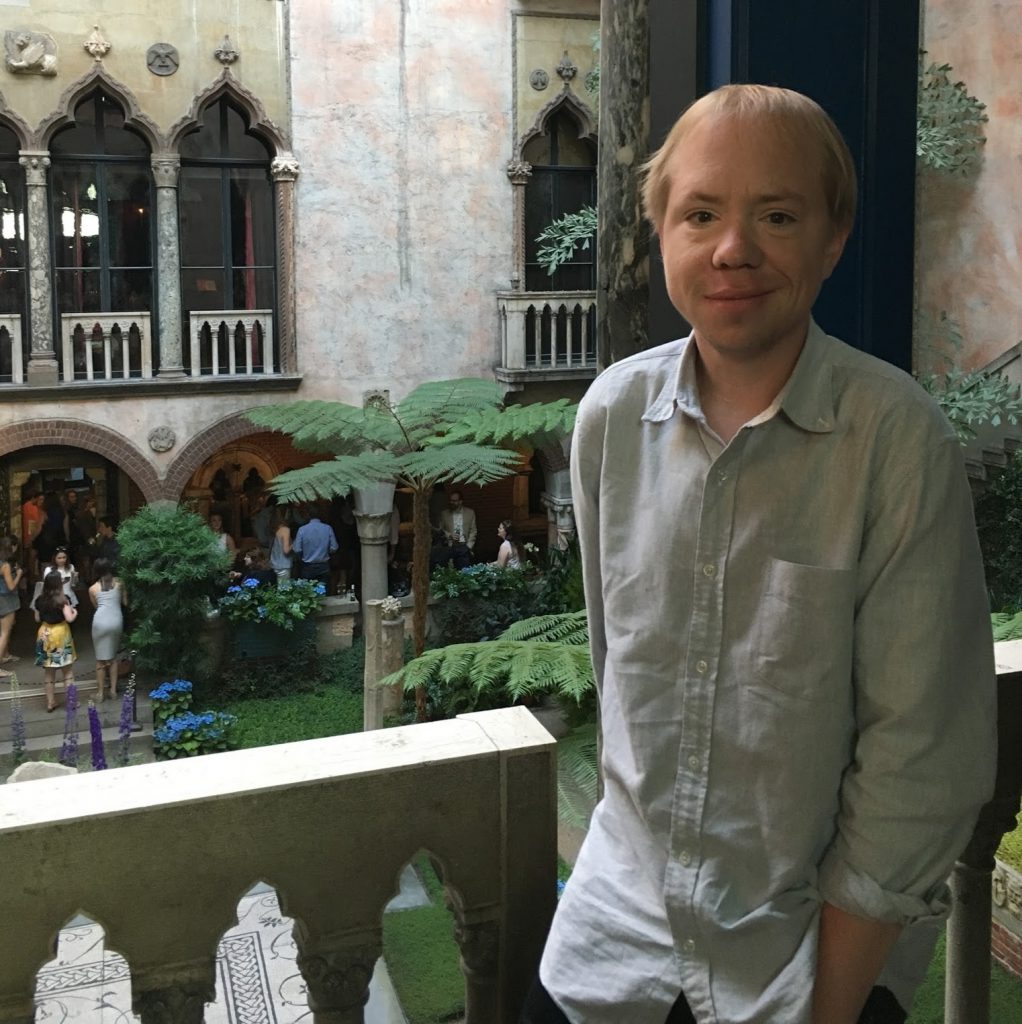Life with a rare disease
I unfortunately do not have the luxury to ‘wait and see’ if I think I’m getting sick. In waiting, the risk of becoming ill and the negative consequences that follow for individuals like myself and others will come true like the worst kind of self–fulfilling prophecy.
Since the age of three, this has been my reality as a patient who lives with nephropathic cystinosis, a rare, metabolic disease that effects approximately 500 people in the United States. Cystinosis causes the buildup of an amino acid called cystine within cells and can cause problems in several organs. For me, this buildup impacts my kidneys until they are no longer functional. After that, the disease spreads rapidly throughout the body and attacks all major organs more aggressively. It is a gift that never stops giving even when you ask it to stop.
Surviving H1N1
As someone who received a kidney transplant at age 17, like many people struggling with COVID-19 today, I spent my time recovering in an isolation room in a hospital in California. Fortunately, the transplant was successful. My dream of living a ‘normal’ life as a teenager was never close to being reality and I missed several months of school while recovering. At first, teachers and administrative officials were really helpful and coordinated work to keep me busy, but quickly it became more challenging for the school to accommodate me and I wasn’t receiving equitable access to education in the process. As a result, I went back to school early so I didn’t need to repeat my junior and senior year. I missed the hallway interactions with my classmates and was ready to get back to “normal” life at all costs or whatever normal means to an young adult with an pre–existing condition, even if my doctors and parents were wary of it.
Despite a cautious return, my compromised immune system could not handle the additional strain of a large high school environment. I caught the common flu, which posed a serious threat to my immune system and was taken to the hospital and placed in a shared hospital room instead of isolation. Looking back now, I know so much more and wish I could have asked for a different room, a different situation or anything that did not lead to the situation that I had to experience. As my condition continued to worsen, the doctors realized I had caught H1N1, a subtype of the flu which had caused global pandemics, like the Spanish Flu of 1918 and the Swine Flu pandemic of 2009.
I will never know when or where I got the H1N1 strain exactly, but I’ve sorted out some of those emotions from how my situation was handled now. I was frustrated that despite my best efforts, I was back in the hospital and dealing with another round of isolation – this time, for even longer than before.
What I've learned
I’m thankful that I recovered and there are lessons I look back on now as we’re dealing with the COVID-19 pandemic on a larger scale.
- Family and friends are key: During my hospital stay, I was fighting for my life and in-and-out of consciousness because I was so sick. My family was important in ensuring I was taken care of and that doctors and nurses were doing everything they could to help. Having a caregiver who was familiar with your condition and your medical needs is vital to ensure you receive proper care.
- Be an active member of your medical team: Establishing a rapport with nurses and physicians can help assure your needs are being met, while being informed on decisions about your care. I started learning about my condition and my care at a young age and that has helped me through adulthood. I always wanted to do things myself.
- Be honest with yourself: Taking authority over your own care is challenging, especially when taking medication. Approaching it with honesty helps you know what you need to do better to stay healthy. Looking back, I was very non-medically compliant as a teenager, and I made the conscious decision to get back on track.
During COVID, I’ve been staying in isolation to avoid getting sick and find myself reflecting on all the isolation I experienced while only a young–adult. For me, it’s important to focus on the positives that have happened before or will come after the pandemic ends. I’m also taking this the time to revisit old hobbies, like learning French, writing poetry, playing video games and making myself into a more attractive candidate in the field of museum studies, in particular art and art history.
If you’ve ever had an interest in something and haven’t done it, do it now. If something looks fun and you can do it from home, do it.
Keep others in mind
It is vital for everyone to be informed but it is especially important for people in the rare disease community to do so. I value the guidance given by public health officials like Dr. Anthony Fauci, and plan to follow instructions specifically for those who are immunocompromised.
Above all, I encourage you to keep others health in mind when navigating this new normal, as any stranger encountered could be immunocompromised like I am. You just don’t know. Please think of other people. For one second, imagine how would you feel if you learned that someone who is at risk contracted an illness because of your actions?
About Ethan Krenzer
Born in Hollywood, Florida in 1989, Ethan lives between California and Illinois or anywhere that offers him a unique opportunity or adventure. With a Master’s in Fine Arts from the Savannah College of Art and Design (SCAD) and a Bachelor’s in General History of the United States from DePaul University, he is extremely passionate about studying the past and sharing what he learns with others.

